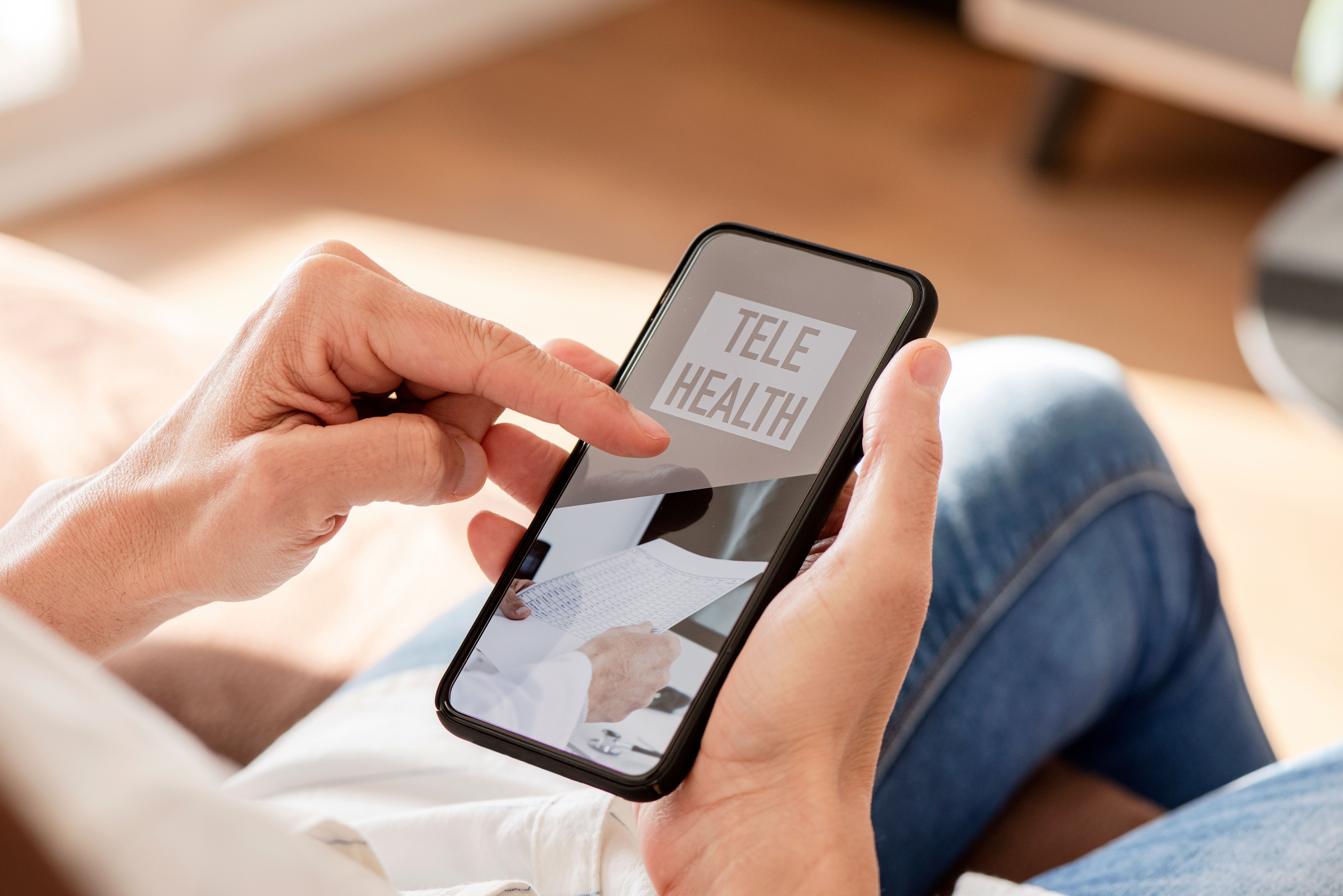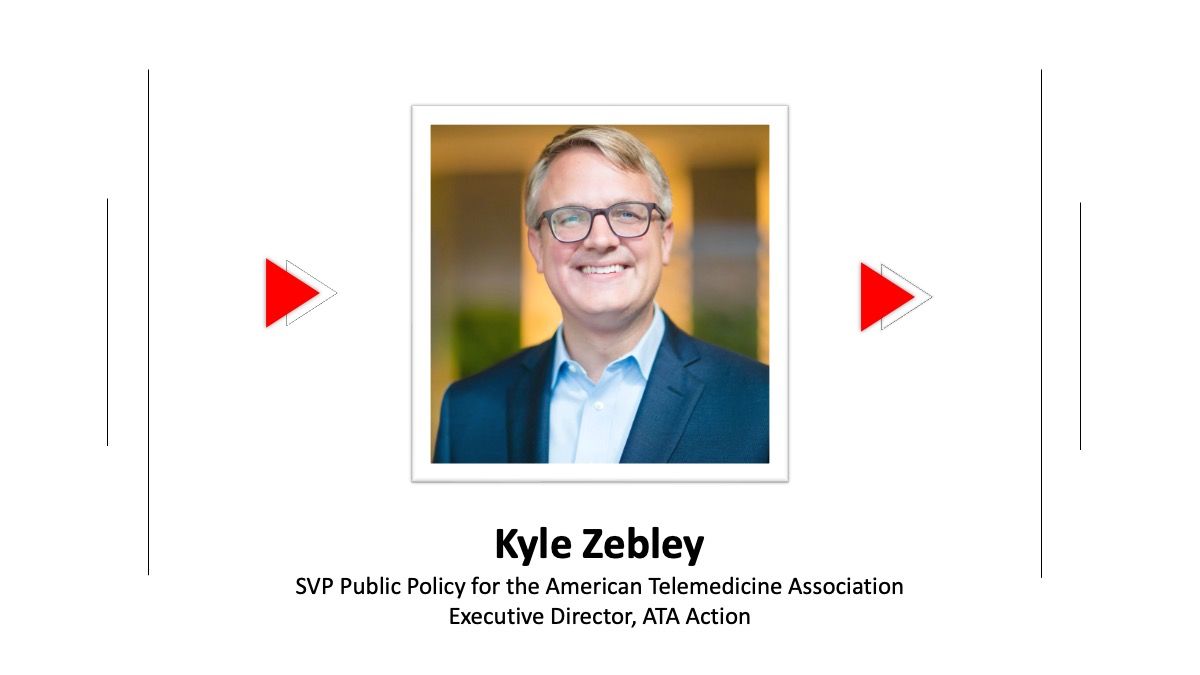
Practice Technology
Latest News
CME Content


Health care continues to lead all sectors with the most expensive data breaches

Worker shortage and changing dynamics mean both employers and employees need to adjust expectations

Effects of the Telehealth Benefit Expansion for Workers Act of 2023.

Researchers analyze ChatGPT for summarizing medical records.

Social media platform used for self-diagnosis varies by generation.
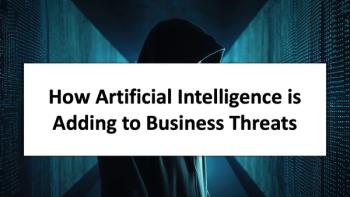
Federal experts cite survey of expert predictions in new report.

Company denies wrongdoing as feds investigate whistleblower claims.


Health care continues to be a top target for hackers

With healthcare data breaches approaching a boiling point, care providers need to adopt an approach that prioritizes operational continuity.
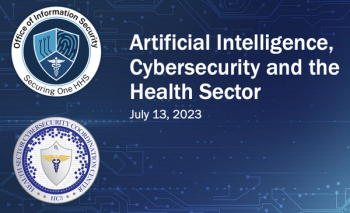
Expect hackers and network managers to employ AI in a ‘cat-and-mouse’ game to steal or protect patient records.

What is the status of telehealth after the COVID-19 pandemic?

American Telemedicine Association leader spells out what might happen for physicians and patients connecting via the Internet, video, and telephone.

Unlock the full potential of your practice with our exciting new educational series, Practice Academy.
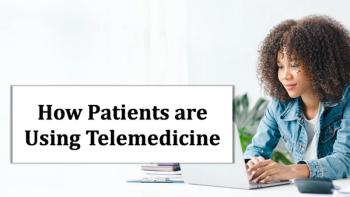
The different ways patients use telemedicine.

The purpose of any technology is to improve a process or solve a problem. Is AI ready for that role?

The latest in health care technology news

Technology-driven platforms lead to better-informed decisions that aid all stakeholders

Empowering physicians for enhanced patient care and practice efficiency

We want to hear from you

Medical Economics takes an in-depth look at the rising interest in AI, ChatGPT-like large language model programs, and the impact on physicians and medicine.
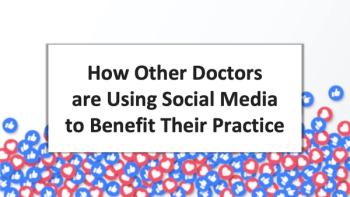
Research findings on how medical practices use social media may come as a surprise to many.

Health care organizations can address pain points caused by the technology

How health care companies – from huge systems down to primary care practices – can launch impactful digital strategies to drive, educate, and engage consumers.

